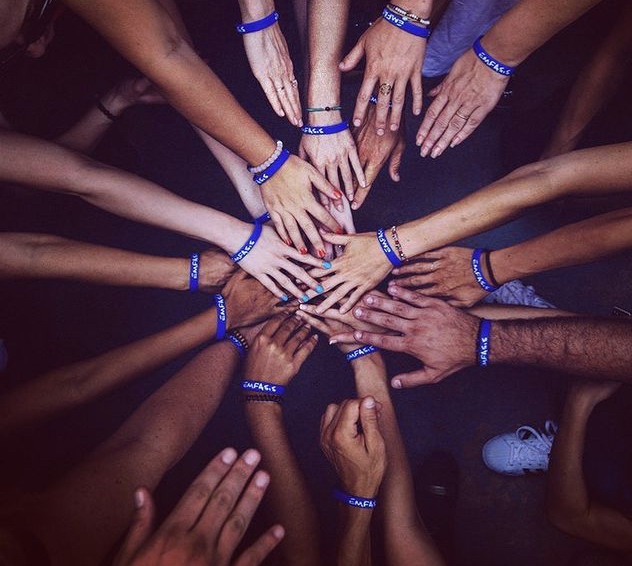What is Self-Esteem?
According to researcher, Dr. Kristin Neff, self-esteem is self-judgment which involves comparing oneself to others and viewing oneself as special and above average. However, it is a logical impossibility that we can all be above average and therefore all have high self esteem.
Furthermore, the standards get higher and higher. For example, super models try to out-do other super models, meanwhile the rest of the female population is trying to keep up with the new standards. Neff’s research, has found that girls like the way they look up until about grade three and then they start to become self-critical of their appearance at this young age of 9 years old!
In the past high self-esteem was seen as a very positive psychological marker of good mental health. However, as Neff points out, self-esteem is contingent on the external praise and validation of others and can crumble. (See my previous post on praise vs. encouragement). Self-esteem is contingent upon one’s latest successes or failures. Self-esteem also involves putting others down in order to view oneself as better. This can also come out as anger towards others if someone criticizes you or gives you negative feedback. Research shows that there is a dramatic increase of people who are self-centred and Narcissistic, which they attribute to the self-esteem movement in society, especially schools. Fortunately, there is another alternative, which is correlated with positive mental health and that is self-compassion.
What is Self-Compassion?
Self-compassion is the ability to be kind and caring to oneself because we are human and imperfect, not because we happen to be smart, talented etc. Therefore, with self-compassion, one doesn’t need to rate oneself in comparison to others. All humans deserve compassion and understanding and that includes ourselves!
Self-compassion also allows for greater self-clarity, because personal failings can be acknowledged with kindness and do not need to be hidden. Moreover, self-compassion isn’t dependent on external circumstances, it’s always available – especially when you fall flat on your face! Research indicates that in comparison to self-esteem, self-compassion is associated with greater emotional resilience, more accurate self-concepts, more caring relationship behavior, as well as less narcissism and reactive anger.
~ Dr. Kristin Neff
What Are the Three Core Elements of Self-Compassion?
According to Neff, self-compassion includes:
1) Self-kindness
When we are kind and understanding to ourselves, even when we “fail”, feel inadequate or experience pain, we are being self-compassionate. Part of the human experience involves being imperfect and facing difficulties. Life will not always go exactly the way we want, and to try to fight against this increases one’s level of stress and self-criticism. I often think of the weather as a metaphor for life. There will be always be sunny days, rainy days and stormy seas. We may feel as though we are being tossed around but eventually “this too will pass” and we will find joy, happiness, peace, or whatever state of being one is wishing for. (I also find the weather metaphor a useful symbol for children and youth.)
Photo credit: Khalid Almasoud
2) Common Humanity
Common humanity involves remembering that as humans we are all vulnerable and imperfect. Therefore, suffering and feeling inadequate is a universal human condition. We are not alone in suffering or making mistakes. Common humanity also involves remembering that there are many environmental and genetic factors which cannot be controlled and therefore we need to be more loving towards ourselves and less judgmental.
3) Mindfulness
Mindfulness involves being non-judgmental and open to ones thoughts and feelings just as they are, without suppressing or exaggerating them. It involves trying to maintain a balanced outlook to our negative emotions without getting reactive and being swept away by them. It’s important to think of our own troubles in relation to the experiences of others who are suffering in the world. By putting the size of our problems into a larger perspective, we can maintain greater equilibrium with our own emotional experiences.
If you are interested in testing yourself to see how self-compassionate you are or viewing Dr. Kristin’s Neff Ted Talk, I highly recommend checking out her website: www.self-compassion.org
Mindfulness, Perspective-taking, and learning tools to surf the waves until they pass, are all elements of my Anxiety Management Course for children ages 7-9 and 10-12 years. These are important life-skills which we can practice and model to our children.
I hope you have a wonderful week of being self-compassionate,
Warmly,
Want to Connect?
Subscribe now to receive free weekly parenting tips and inspiration.








